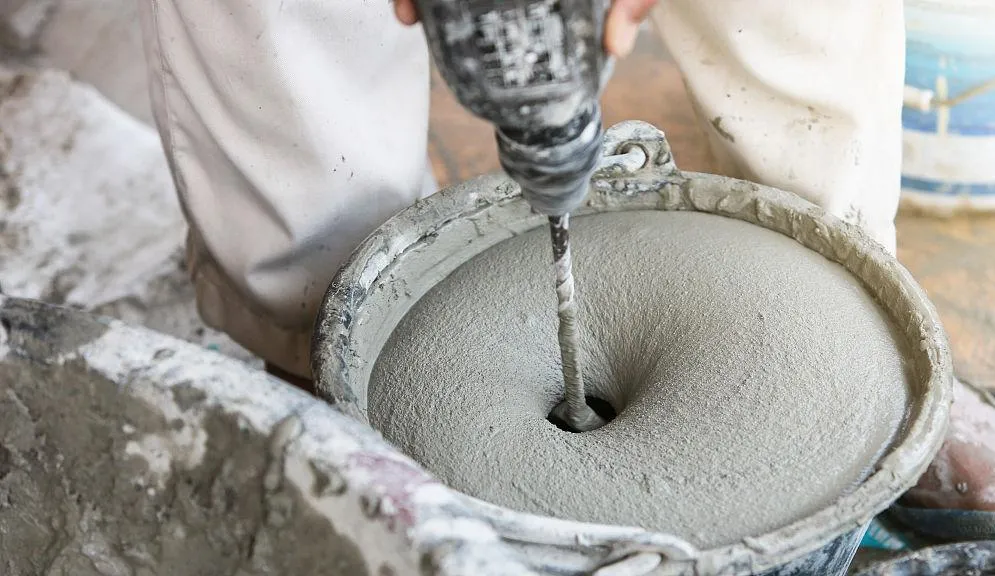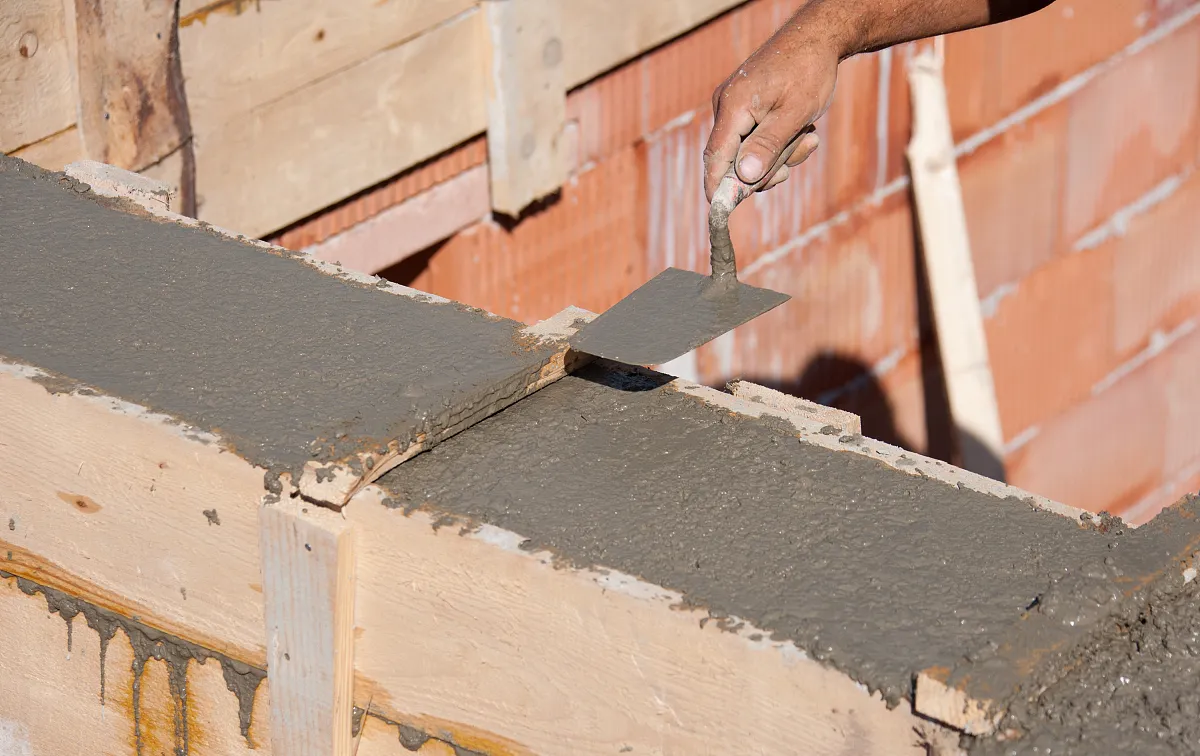
A Versatile Material for Construction and Industrial Applications
Understanding Polyvinyl Alcohol and Its Wide-Ranging Uses
Polyvinyl alcohol (PVA), also known as PVA polyvinyl, is a synthetic polymer highly valued for its water solubility, adhesive properties, and environmental compatibility. It is widely used in construction, textiles, paper manufacturing, and eco-friendly packaging.
In the packaging industry, polyvinyl alcohol plastic is gaining attention as an alternative to conventional plastics due to its biodegradability. However, there’s ongoing debate: is polyvinyl alcohol a microplastic? Research suggests that PVA, when fully degraded in the environment, does not act like traditional microplastics, making it a safer option for sustainable solutions.
For large-scale industries, PVA bulk orders are common for producing adhesives, films, and coatings. Reliable PVA manufacturers supply specialized grades like PVA 5 88, tailored for applications requiring specific viscosity and solubility levels.
The poly vinyl alcohol solubility in water is a critical property that makes it an ideal ingredient in water-based formulations, including polyvinyl alcohol solution used in adhesives, paints, and coatings. Technical details about safe handling are outlined in polyvinyl alcohol MSDS PDF datasheets provided by suppliers.

PVA in Construction: Strengthening Walls and Mortar
Adding PVA to Mortar and Plaster
In construction, PVA is an essential additive for mortars and plasters. Adding PVA to mortar improves adhesion, water resistance, and workability. When applied to walls, PVA for plastering walls helps seal porous surfaces, providing a strong bond for plaster layers.
Builders often apply PVA after plastering to reduce dust and prepare the surface for painting or tiling. For outdoor surfaces, exterior waterproof PVA offers additional protection against moisture and weather damage.

Polypropylene Fiber and PP Fiber Concrete
Alongside PVA, polypropylene fiber (PP fiber) is widely used in concrete for reinforcement. PP fiber concrete minimizes cracking, enhances tensile strength, and improves the overall durability of structures. When combined, PVA and PP fibers create high-performance composites ideal for demanding construction environments.
White grades of PVA, such as white PVA, are particularly useful in construction for aesthetic finishes and as a base for paints and coatings.
Conclusion: PVA as a Sustainable and Multi-Functional Polymer
From PVA bulk supplies for industrial manufacturing to specialty products like exterior waterproof PVA for construction, polyvinyl alcohol continues to prove its versatility and value. With its eco-friendly profile, solubility in water, and compatibility with other materials like polypropylene fiber, PVA is a critical ingredient in developing sustainable and high-performance solutions across industries.
By understanding the polyvinyl alcohol manufacturing process, choosing the right grade like PVA 5 88, and relying on trusted PVA manufacturers, businesses can unlock the full potential of this remarkable polymer.
FAQs About Polyvinyl Alcohol (PVA)
What is polyvinyl alcohol plastic, and how is it different from conventional plastics?
Polyvinyl alcohol plastic is water-soluble and biodegradable, making it an eco-friendly alternative to traditional plastics. Unlike microplastics, it breaks down safely in the environment.
Why is PVA added to mortar and plaster?
Adding PVA to mortarimproves adhesion, reduces water penetration, and enhances workability, making it ideal for plastering walls and preparing surfaces.
What is poly vinyl alcohol solubility in water?
Polyvinyl alcohol is highly soluble in water, which is why it’s used in adhesives, coatings, and detergents that require easy dispersion in aqueous solutions.
How do polypropylene fibers benefit concrete?
PP fiber concreteuses polypropylene fibers to prevent cracking, improve tensile strength, and increase the durability of concrete structures.
Where can I find polyvinyl alcohol MSDS PDF datasheets?
Polyvinyl alcohol MSDS PDFdocuments are available from PVA manufacturers and provide detailed safety, handling, and storage guidelines for industrial use.
-
Hydroxypropyl Starch as a Sustainable Construction AdditiveNewsNov.24,2025
-
The Gelation Properties of CMCNewsNov.21,2025
-
Redispersible Latex Powder and Water Retention CapacityNewsNov.21,2025
-
Dosage Control for Polycarboxylate Water ReducerNewsNov.21,2025
-
Film-Forming Properties of Polyvinyl AlcoholNewsNov.21,2025
-
The Function of Gypsum Additives in MortarNewsNov.21,2025





















